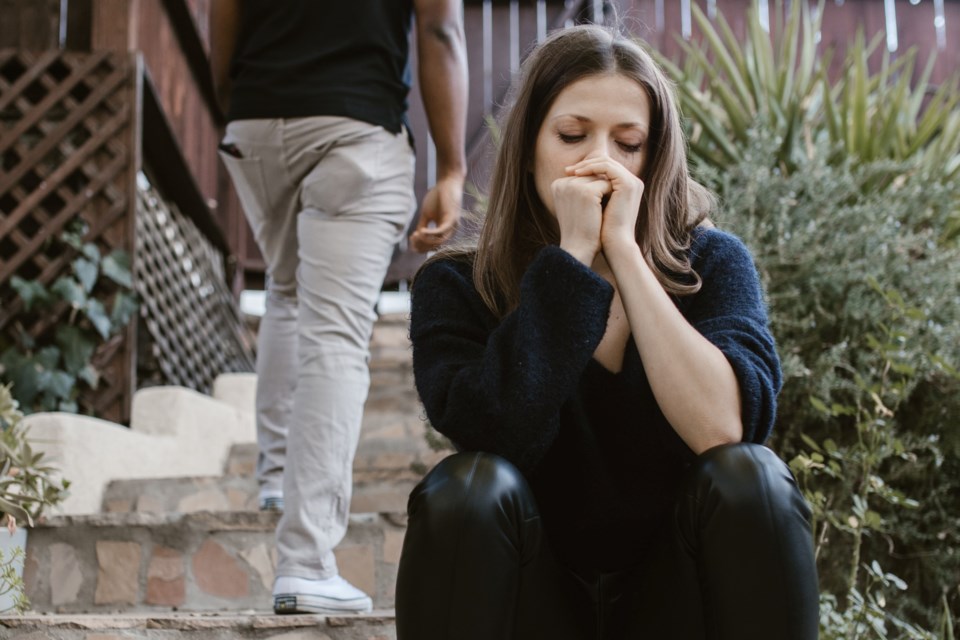The Nipissing Violence Against Women Coordinating Committee (VAWCC) will present to municipal councils this summer with a request to declare intimate partner violence (IPV) an epidemic.
Intimate partner violence is preventable, yet over one-third of women in Canada will experience IPV in their lifetime. The committee's declaration is in response to the Renfrew County Inquest held in June 2022.
See related: Ontario won't declare intimate partner violence an epidemic following inquest
The inquest was held as the result of the deaths of three women, Carol Culleton, Anastasia Kuzyk, and Nathalie Warmerdam, who were killed by their former intimate partner in 2015. The jury made 86 recommendations, the first of which was for the Government of Ontario to formally declare IPV an epidemic. This recommendation is directly replicated in the 2023 report issued by the Mass Casualty Commission following the Nova Scotia mass shooting inquiry. Over 35 municipalities across the province have declared IPV an epidemic, including the Town of Mattawa.
Locally, IPV is rampant. Last year, Victim Services of Nipissing District (VSND) received 475 calls for service for IPV and the North Bay Police Service responded to approximately 1200 domestic-related calls. Over 900 survivors of gender-based violence received counselling support and services from Amelia Rising, Community Counselling Centre of Nipissing, Nipissing Transition House, and Mattawa Women’s Resource Centre in 2022.
“While IPV is often hidden behind closed doors, the consequences are devastating and costly, ultimately affecting every member of society says VAWCC Chair Justine Mallah. "IPV contributes to an unsafe community, an increase in homelessness, decreased police and ambulance capacity, additional needs for social housing, and added pressures on the healthcare system, the judicial system, and social services.”
In 2022, 13.1 per cent of Children’s Aid Society Nipissing & Parry Sound's total call volume was related to a child’s exposure to domestic violence.
“This is extremely concerning,” says Kathleen Jodouin, executive director of VSND. “Children exposed to IPV often experience harmful outcomes, such as chronic health conditions, mental health challenges, and an increased likelihood of entering the juvenile system. They are also significantly more likely to be in a violent intimate relationship as victim or perpetrator.”
While the data shared provides insight into the prevalence of IPV in the community, IPV remains under-reported. “These numbers reflect only a portion of the violence taking place," Mallah adds.
The VAWCC will be presenting to East Ferris Council on July 11 and to Mattawan Council on July 13. The VAWCC is hopeful local municipal councils will take action and include IPV in their community safety and well-being plans.
The VAWCC is a cross-sectorial membership of organizations with a mission to work collaboratively toward ending intimate partner violence and supporting victims of violence.



